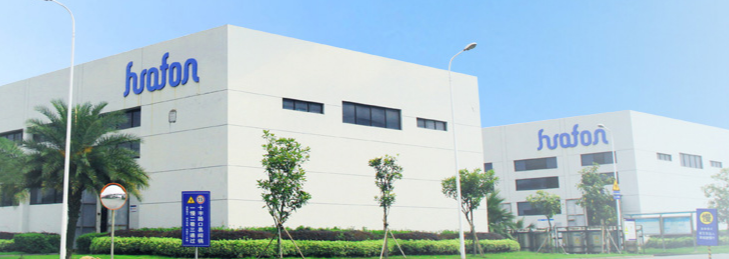On August 14, according to the “Wall Street Journal” report, the U.S. Department of Defense believes that DuPont may have the risk of leaking key technologies during its transaction with China Huafon. The FBI is currently investigating.
Previously, on June 1, 2022, Huafon Group’s acquisition of the bio-based product-related business and technology spun off from DuPont of the United States was officially completed.
Huafon Group acquired the assets of DuPont’s business, mainly including its two production bases in the United States. One is a DuPont joint venture production base located in Tennessee, USA. It owns two world-renowned brands, Susterra® and Zemea®. Bio-based PDO with biodegradable properties. Another production base acquired is DuPont’s Sorona® business core manufacturing plant in North Carolina, USA. The main product is an environmentally friendly fiber material bio-based specialty polyester (PTT) with performance advantages sold under the Sorona® brand ), which was first developed and commercialized by DuPont in 2000, for applications primarily in the apparel and carpet industries, but also in smaller markets including automotive and packaging.
The bio-based PDO and PTT products acquired by Huafon Group are in a leading position in the global counterparts in terms of technology and market share. PDO is Production PTT
As the main raw material, PTT can be processed to synthesize fibers and engineering plastics, and PTT is favored by industries such as clothing, carpets, electronics/electrical, automobiles, appliances and furniture due to its excellent characteristics.
The acquisition has twists and turns
The business and technology related to bio-based products in this transaction is a key component technology of more sustainable nylon, which DuPont believes is revolutionary. The company decided several years ago to sell operations related to these technologies to a Chinese buyer (Huafeng Corporation). Committee on Foreign Investment in the United States
on Foreign Investment in the U.S.) approved the deal after a lengthy review and internal debate.
The intelligence community’s previous assessment of the technology was that the by-products of the process could potentially serve as high-quality substrates for sophisticated weapons fuel. In order to prevent these technologies from leaking to China and causing national security concerns, the Committee on Foreign Investment in the United States and the parties to the transaction reached a complex national security agreement to prevent Huafon from mastering the production process of this material.
However, after the transaction was completed, the U.S. Department of Defense received news one month later that the technology had violated the agreement during the transfer process and there was a risk of leakage. After an initial investigation, the U.S. Department of Defense believed that this breach of agreement may have been intentional, so the FBI stepped in to investigate.
Founded in 1991, Huafon Group is a top 500 enterprise in China with chemical new materials as its main business, and a major global polyurethane product material production and sales enterprise. The industry is involved in the five advanced manufacturing of “polyurethane, polyamide, aluminum foil materials, degradable, and bio-based” and the four major new industries of “smart home, digital economy, LNG, and energy storage” as well as logistics, finance, trade and other service fields.

According to the introduction of Huafon Group, its polyurethane stock solution market and microfiber materials have a high market share, reaching more than 50-60%.

Source: Huafon Group



 微信扫一扫打赏
微信扫一扫打赏
